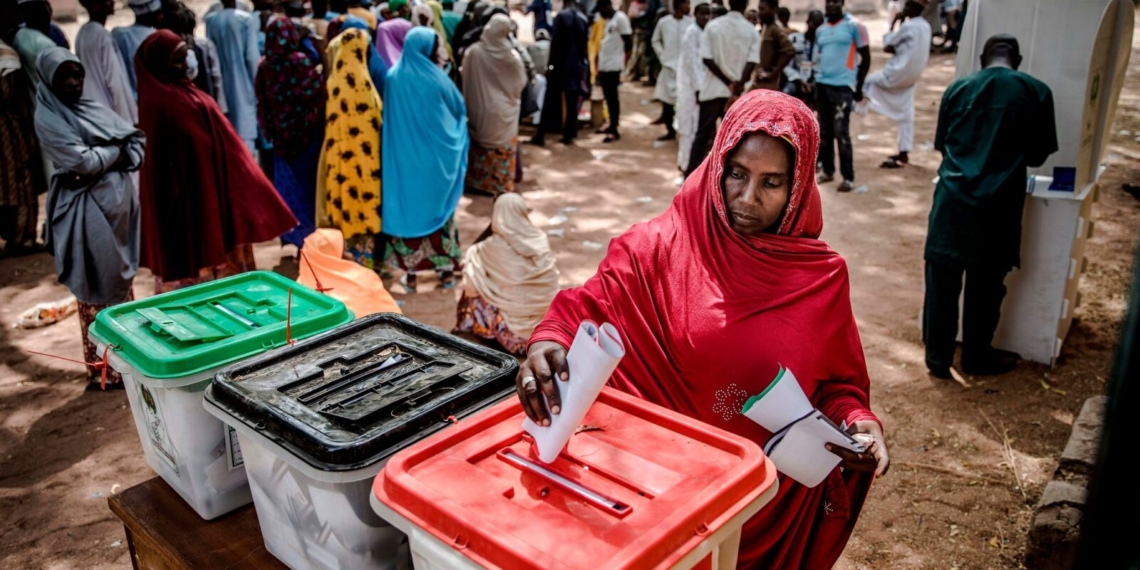As part of efforts to examine contemporary challenges in the electoral process and enhance trust in elections within the context of consolidating Nigeria’s democracy, the International Press Centre (IPC) and the Centre for Media and Society (CEMESO) are set to host concurrent events focused on enhancing the country’s electoral process.
The events are part of the organizations’ projects under Component 4 (Support to Media) of the European Union Support to Democratic Governance (EU-SDGN II).
According to a press release issued by Olutoyin Ayoade, Communications Officer, EUSDGN II Project, IPC’s session tagged “Multistakeholder Dialogue on Rebuilding Trust in Electoral Processes, Institutions, and Elections” aims to facilitate meaningful discussions among key stakeholders, fostering collaborative commitments and strategies to enhance Nigeria’s electoral processes.
CEMESO will host a two-day event on the topic “Dealing with Contemporary Salient Issues in the Electoral Process,” which will delve into contentious issues arising from recent elections.
According to Ayoade, “by engaging electoral stakeholders, the forum seeks to secure commitments that promote confidence in electoral institutions, processes, and the election management body, laying the groundwork for credible and trustworthy elections in 2027.”
Executive Director of CEMESO, Dr. Akin Akingbulu, emphasized the importance of identifying salient issues in the electoral process, most especially after the 2023 general election.
He stated that “without meticulously identifying and examining the salient issues in the electoral processes particularly in the aftermath of the last general elections, it might be difficult to decide on the best approaches for tackling the contentious ones, so we consider the planned engagement as an important step towards developing appropriate civic and voter education messages to improve future elections”.
Also, Mr. Lanre Arogundade, Executive Director of IPC, stated that the forum is focused on getting key stakeholders to take their roles seriously and openly commit to improving the performance of their roles in the electoral process.
“We are emphasising trust because without it there cannot be mass and informed participation, which in turn would serve as catalysts of credible and acceptable elections,” he said.
He further said, “The thrust of our message is that all the key stakeholders in the electoral processes and elections must take their roles seriously, openly commit to improving on the performance of the roles and be ready to be held accountable for the commitments by the media in particular and the civil society in general”.

